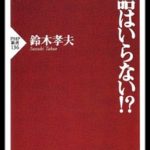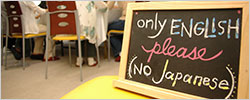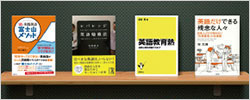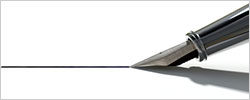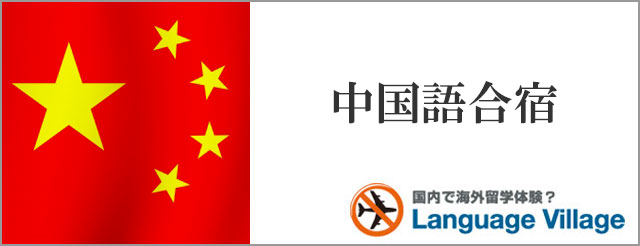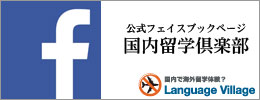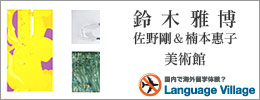
「ほめる」より「ほめられる」ことに慣れる
2022年12月23日 CATEGORY - 日本人と英語

書籍紹介ブログにてご紹介した「ほめ英語入門」から一つだけテーマをいただいて書きたいと思います。
書籍紹介ブログの中で、著者の「ほめ言葉なくして会話は成り立たない」という言葉を引用しましたが、この言葉が最もしっくりくるシチュエーションとしては、自分が相手を「ほめることができない」時よりも、相手からほめられた際に「どうリアクションを返したらよいかわからない」時ではないでしょうか。
つまり、この日本人にとっての問題の最も効果的な解決手段は、ほめるための語彙を理解した上で、相手への反応の仕方を学習することだということになります。
しかも、その反応のバリエーションは豊富でなければなりません。
というもの、前述したように英語圏ではまるで息をするように様々な語彙を駆使してほめまくりますので、いつも同じパターンではそれは効果的な解決手段にならないからです。
以下、本書に挙げられている相手への反応のバリエーションをパターンごとにまとめます。
◆ パターン1(礼を言う)
・Thank you for ~.
これは、基本中の基本であり、日本人でも何か言わなければならないプレッシャーの中で自然に絞り出すものでしょうから本書では~以下をいろいろ変えてあげられていますが、ここではそれ以外のパターンを引用します。
・How nice of you to say that!
・That means a lot coming from you.
・You flatter me.
・I appreciate that.
・That’s encouraging.
・You made my day.
◆ パターン2(説明を加える)
・It’s my favorite! I’m glad you like it.
・It’s a gift from my husband.
・I bought it on a flea market app. It was really cheap.
・I really put a lot of effort into this. Thank you for noticing.
◆ パターン3(謙遜する)
・Actually, it was not that hard, but thanks.
・Thank you, but I could not have done this without your help.
・Thanks, but I am still working on it.
・Well, I sitll have along way to go, but thanks.
・You are too kind.
・That’s too much.
・If only I was so gifted.
・I will try to live up to your expectations.
◆ パターン4(ほめ返す)
・Thanks, you look great, too.
・Thanks, so are you.
・Thanks, so is yours.
◆パターン5(ユーモアで返す)
・You always know what to say.
・So I have been told.
・I get that a lot!
・Compliment accepted.
・I don’t think I heard you. Would you mind repeating that?





